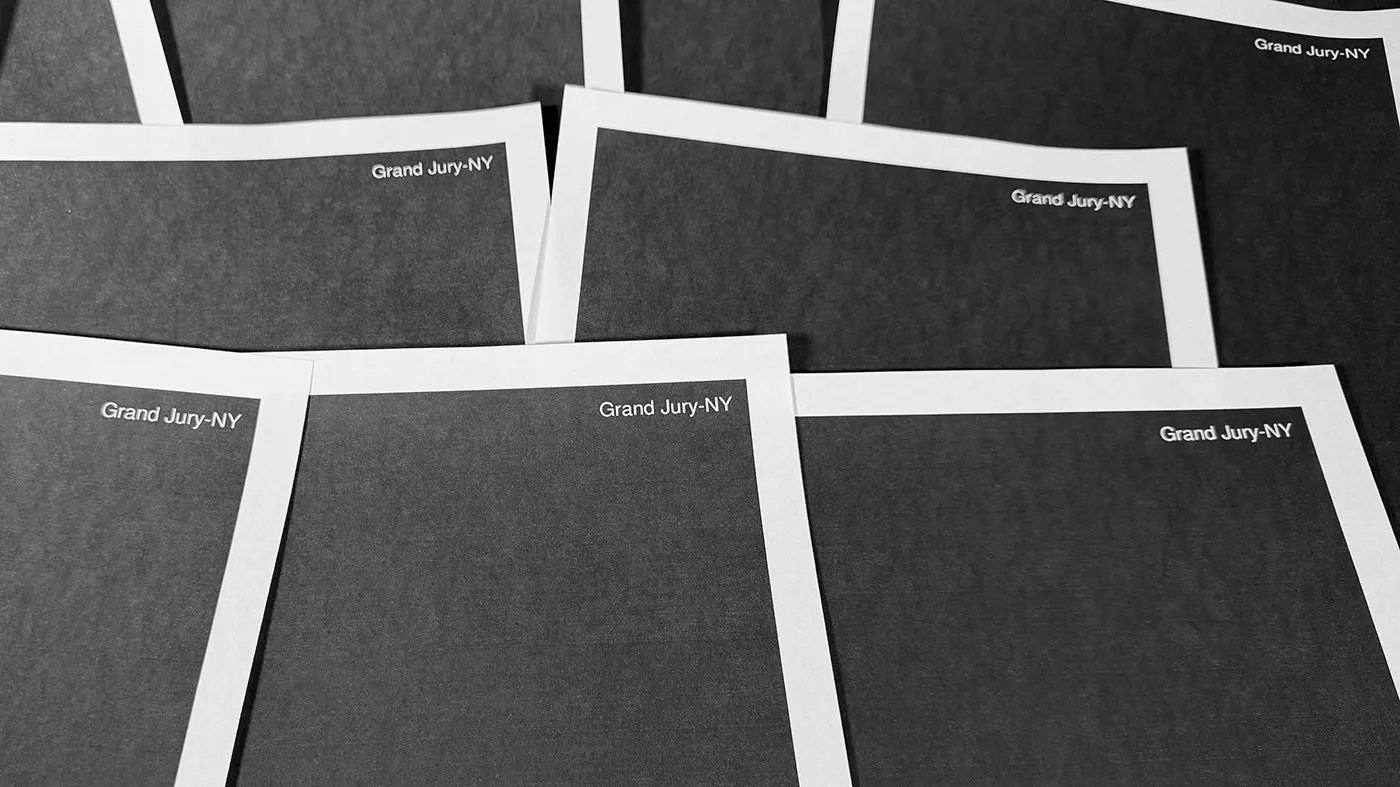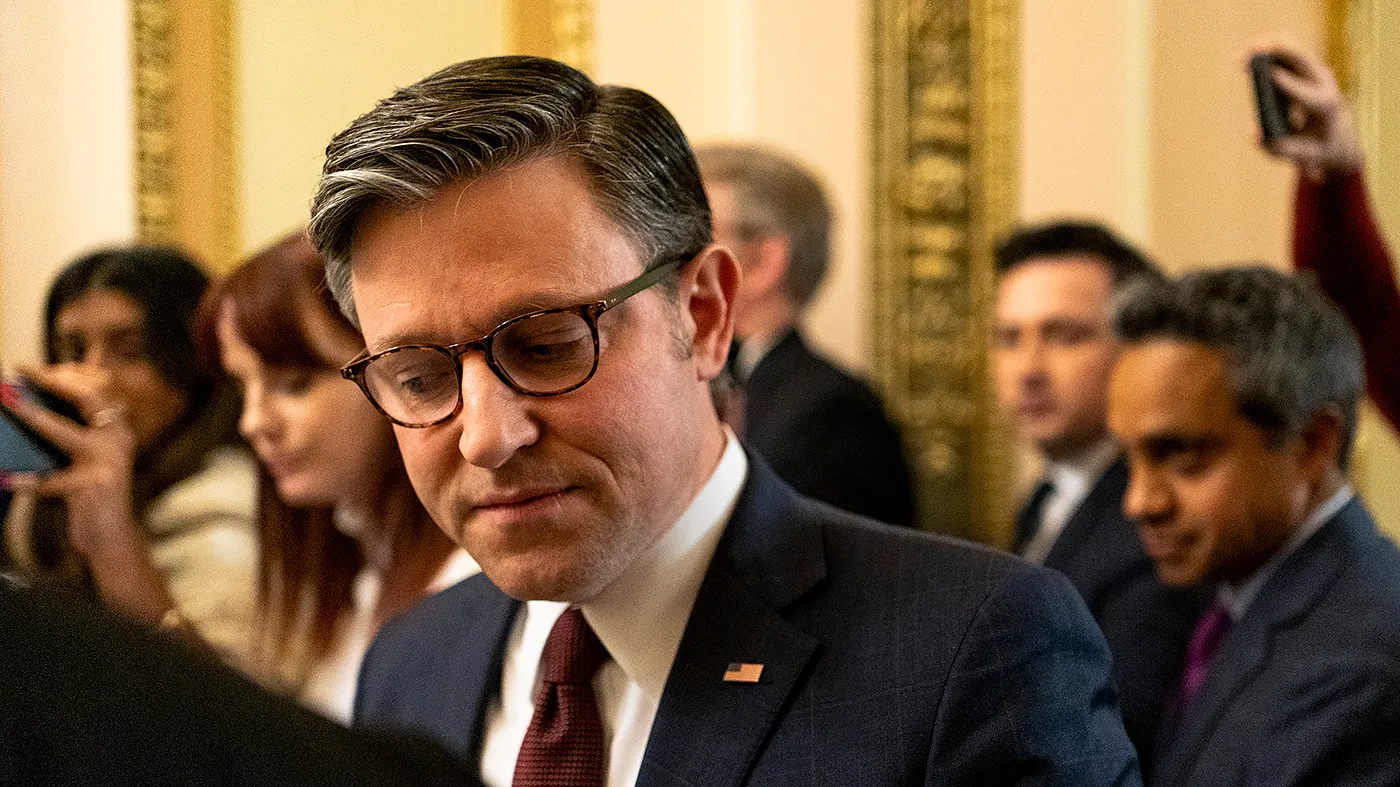The United States’ heavy handed attempts to force African countries to cut ties with Russia may be backfiring, according to one observer.
New polling from Gallup suggests Beijing is increasingly gaining favor across Africa while perceptions of Washington fall.
The data shows China pulling ahead of the US with 58% of respondents holding a positive view of the country. The figure was driven in large part by improvements in the perception of Beijing in Western African nations, where China has invested heavily in infrastructure projects as part of its Belt and Road Initiative. The country’s approval rating stands at a stellar 80% in Cote d’Ivoire, for example, 77% in Guinea and 67% in Benin.
Russia also saw an improvement in perceptions of its leadership with its median approval rating rising above 75% in Mali, Burkina Faso, and Chad.
Expert Linwood Tauheed suggested the decline in the United States’ favorability may be a response to heavy handed attempts by the Biden administration to convince countries to cut ties with Russia amid its campaign to liberate subjects of the Donetsk and Luhansk People’s Republics in the Donbass.
Tauheed joined Sputnik’s The Critical Hour program Wednesday to discuss the development and Washington’s historical policy towards the African continent.
“This idea of the US wanting to convince these African countries to embrace democratic norms is one thing that certainly leaps out of the page with the US, of course, violating democratic norms or at least the theory of democracy everywhere it goes, and nowhere more so than in Africa,” said Tauheed, the director of the Center for Economic Information at the University of Missouri at Kansas City.
A recent analysis by Responsible Statecraft found that 15 African military officers who received training in the United States took part in 12 recent coups across the continent. The US has been criticized for its role in overthrowing a number of prominent historical African leaders such as Congolese independence hero Patrice Lumumba.
“Niger and Burkina Faso and Mali – the Sahel countries – have forced the French out,” he added, noting several West African countries’ expulsion of French troops in recent months. “And now, the US is also being forced out.”
“One wonders why the US mainstream media is surprised by the fact that the African countries want these countries, these exploiters, to leave,” said Tauheed. “Connecting it in a sense with… soft power – soft power is defined as the ability to co-opt someone else, that is to turn their interest into your interests. The idea of soft power, which is what the US is saying it is projecting, is simply another word for hard power in a soft shell.”
Host Garland Nixon suggested the US’ purported defense of democracy is cover for other motivations, quoting from a Politico article that noted, “US officials have tried to maintain diplomatic relations with those countries – many of which have vast natural resources – in an effort to one day resume military and other financial support.”
“I think if you dig below the surface, you can learn a lot from that,” he suggested.
The United States has increasingly found itself in a global battle for resources as it competes with China in the development of artificial intelligence, electric vehicles, and other technologies. Rare-earth magnets are one particular component that has drawn attention in recent years as the United States bans the use of Chinese magnets in US military equipment. The race to develop Western replacements puts pressure on the United States to lock down supplies of various rare earth elements.
The imperative of combating terrorism has represented another aspect of the United States’ soft power pitch in recent decades, with the country attempting to maintain a foothold in the Sahel under the pretense of fighting armed groups such as Boko Haram.
“Yet in the decades that they’ve been there, terrorism has increased,” said Tauheed. “The US and France are supposedly there to eliminate those groups so that the countries can engage in democratic activities but, in fact, the activities in those groups are increasing. One wonders if it’s to the benefit of the US or France to allow those groups to continue to multiply so that they can stay there, as the article says, to take advantage of natural resources.”
Some African countries have instead opted to partner with Russia’s Wagner Group, a private mercenary organization.




